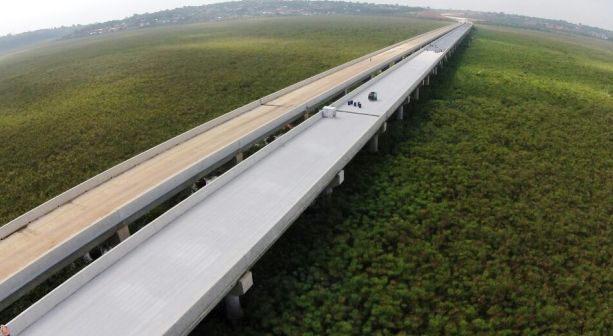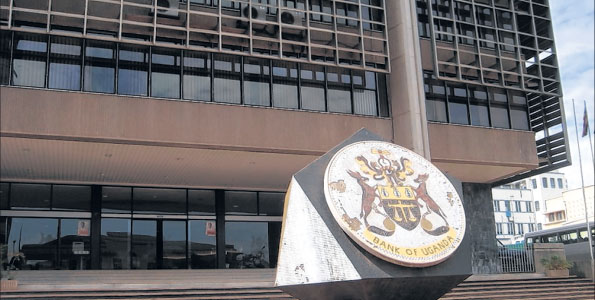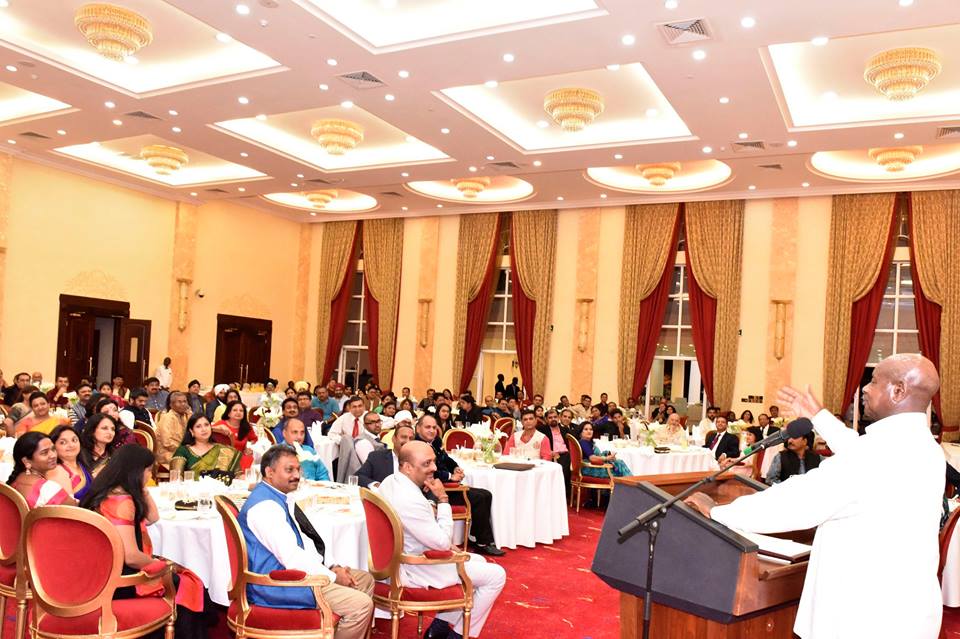Analysts at the Institute of Chartered Accountants in England and Wales (ICAEW) have revealed Africa’s most indebted countries based on their debt to GDP ratio.
In its latest Economic Insight Report for Africa released on June19, 2018, ICAEW placed Mozambique as the number one most indebted country in Africa after its debt to GDP ratio was recorded at 115%.
Various countries have different debt to GDP ratio thresholds. In Uganda, the debt to GDP ratio shouldn’t exceed 50%.
Earlier this year, the IMF reported that Mozambique would be defaulting on servicing $2 billion debt over the next five years.
The inability, the report said, was occasioned by low tax revenue collections. In 2016, the IMF and Western donors withdrew budgetary support for Mozambique following revelations of undisclosed debt by the authorities, leading to a collapse of the country’s currency.
Mozambique is followed by Egypt (96 per cent), Ghana (70 per cent), Gabon (70 per cent) and Kenya (60 per cent).
Other highly indebted African countries include; Senegal (59.8 per cent), Zambia (58.5 per cent), Ivory Coast (52.1 per cent), Namibia (49.1 per cent) and Tanzania (41.4 per cent). Uganda (41 per cent) and Nigeria (21.3 per cent) are ranked 11th and 12th respectively.
Uganda’s debt is estimated at slightly over Shs40 trillion.
This means that Kenya is East Africa’s most indebted country.
Its debt portfolio currently stands at KSh4.7 trillion (UShs180.1 trillion).
Analysts at ICAEW warned that Kenya’s current debt level posed a threat to the country’s economic recovery besides having the potential to stall growth.
“The pace of public debt accumulation and the lack of a clear communication strategy regarding the government’s plan to address deficits have raised concerns about the sustainability of Kenya’s public finances,” read the ICAEW report.
The report, commissioned by ICAEW and produced by partner and forecaster Oxford Economics, provides a snapshot of the region’s economic performance. The regions include: East Africa, Southern Africa, Central and West Africa and Franc Zone.
According to the report; East Africa’s GDP growth is mainly thanks to Ethiopia whose real GDP growth of 8.1%, is forecast to result from continued public investment.
The same kind of capital spending in Egypt, made possible by compliance with reforms proposed by the International Monetary Fund (IMF), will boost growth to 5.0%, making this the key driver behind the 3.9% growth in North Africa’s GDP this year.
In Central and West Africa, growth is forecast to increase substantially to 3.6%, up from 2.3% in 2017. The standout economy in that region will be Ghana, where real GDP growth of 7.2% in 2018 is forecast to come partly from increased public investment and the resulting boost to the construction and manufacturing sectors.
Michael Armstrong, Regional Director, ICAEW Middle East, Africa and South Asia said: “In spite of debt fears, most African regions have reported positive economic growth – mainly spearheaded by public investment and hydrocarbon resources. However, governments need to sustain this positive momentum while balancing their public debt.”
The picture in the Franc Zone is slightly more positive than in 2017, with regional GDP growth forecast at 4.5%.
Most of the regions’ growth however, will be provided by the two economies that are not oil dependent. These are Ivory Coast (7.0% growth) and Senegal (6.7%), where continued government spending on infrastructure and ongoing improvements to the business environment are key drivers.
Southern Africa’s growth will remain constrained by modest growth in South Africa. The region’s GDP is forecast to grow 2.3% in 2018, the slowest regional growth rate on the continent.






